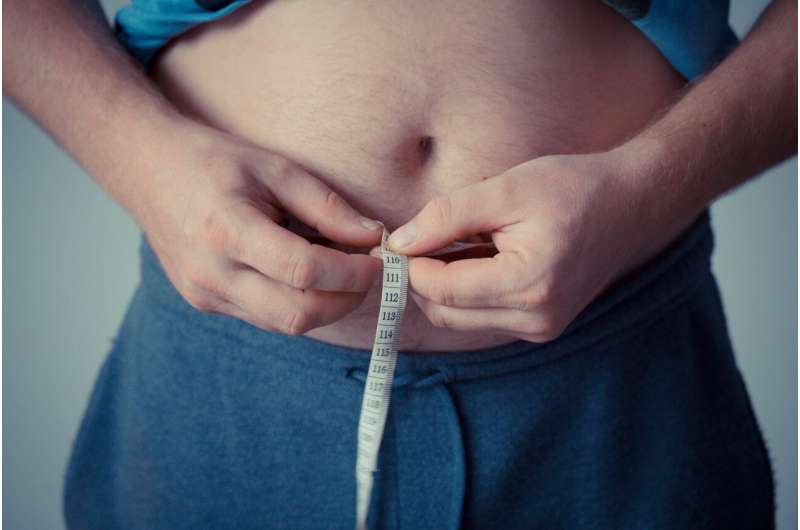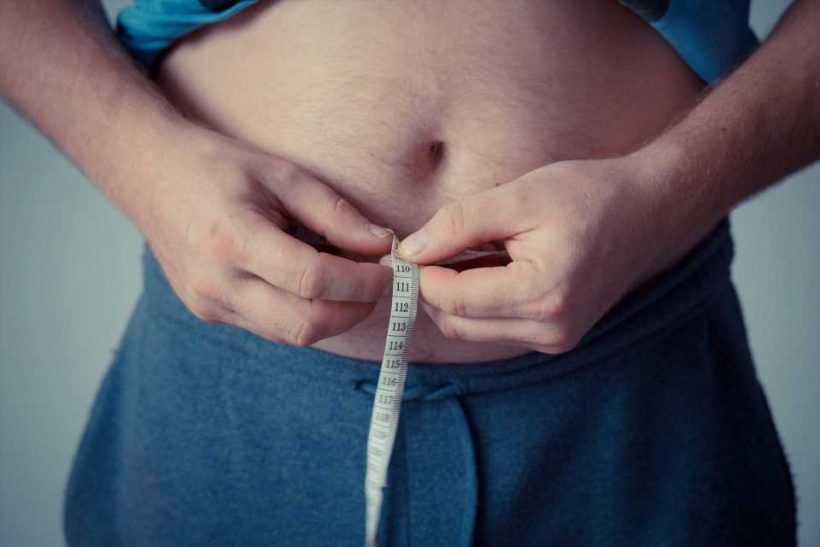
New research from 10 countries presented at this year’s European Congress of Obesity (ECO) shows that nearly one quarter of adolescents living with obesity (ALwO) (24%) do not know they have obesity. However, most ALwO surveyed (85%) are worried about the impact of their weight on their future health. Many struggle to talk to even those closest to them about their weight status, and two thirds feel it is their sole responsibility to deal with their excess weight.
The data comes from the ACTION teens global survey study, supported by Novo Nordisk, who manufacture medications for obesity and diabetes, in collaboration with a steering group of international experts and patient advocates that include EASO President Professor Jason Halford, University of Leeds, UK, and Vicki Mooney, ACTION teens study author and Chairwoman of the Irish Coalition for People Living with Obesity (ICPO) and Executive Director of the European Coalition for People living with Obesity (ECPO). The countries included are Australia, Colombia, Italy, Mexico, Saudi Arabia, South Korea, Spain, Taiwan, Turkey and the United Kingdom.
A total of 5,275 ALwO (aged 12-<18 years), 5,389 caregivers (CGs) and 2,323 healthcare professionals (HCPs) were surveyed via an online panel, telephone calls and in-person meetings on a wide range of topics, including attitudes towards obesity and its impact, number of weight loss attempts and motivations/barriers to weight loss. HCPs were most likely (89%) and CGs least likely (67%), to indicate obesity has a strong impact on a person's overall health and well-being, with ALwO in between at 72%. Most participants thought obesity was at least as, or more, impactful than heart disease, cancer or diabetes, among other conditions (see figures in posters, links below).
The study also showed that most ALwO feel they need to depend on themselves to change their weight status, with a larger proportion of ALwO (65%) than caregivers (CGs) (37%) and HCPs (27%) feeling that losing weight was solely the ALwO’s responsibility.
While more than half (58%) of ALwO had tried to lose weight in the past year, three-quarters 75% of ALwO were somewhat/very likely to attempt to lose weight in the next 6 months. Fewer CGs reported that their ‘linked’ ALwO attempted weight loss (WL) over the past year (41%) and that their ALwO was somewhat/very likely to attempt to lose weight in the next 6 months (63%). HCPs indicated that 38% of their ALwO patients had made a serious WL attempt in the past year.
Regarding motivation for ALwO to lose weight, the most commonly reported motivators for ALwO were wanting to be more fit/in better shape (40%), not being happy with their weight (37%) and wanting to feel more confident (35%). CGs also reported the same top three motivators for ALwO to lose weight: wanting to be more fit/in better shape (32%), not being happy with their weight (26%) and wanting to feel more confident (26%). For HCPs, the top three motivators they reported for ALwO to lose weight were them wanting the have more confidence/self-esteem (69%), improved social life and popularity (69%), and wanting to look like peers their age (65%).
The top three barriers to losing weight reported by ALwO were not being able to control hunger (38%), lack of motivation (34%), and enjoying eating unhealthy food (32%). Again, caregivers gave the same top three barriers to losing weight for ALwO: not being able to control hunger (29%), lack of motivation (26%), and enjoying eating unhealthy food (28%). For HCPs, the top three barriers they reported to ALwO losing weight were unhealthy eating habits (93%) lack of exercise (92%) and enjoying eating unhealthy food (91%).
On these findings, the authors say: “Key motivations and barriers for WL were not aligned between ALwO and HCPs. Together, these disconnects may negatively impact the level of support and effectiveness of obesity care ALwO receive from CGs and HCPs, respectively.”
The study also highlights the feelings of isolation felt by ALwO. One in three felt they could not talk to either parent about their weight; around one in three could talk to their doctor, a quarter felt they could talk to their boyfriend or girlfriend with similar proportion (22%) feeling able to discuss the subject with a sibling. Worryingly, one in 10 ALwO surveyed felt they could talk to no-one at all about their weight.
For ALwO, the most popular source of information for healthy lifestyles, weight management and weight loss were YouTube (34%), followed by social media (28%), family and friends (25%), search engines (25%), and doctors (24%).
The authors say: “Most ALwO were concerned about the impact of obesity on their health, had recently tried to lose weight and believed it was their responsibility to do so. Weight loss attempts by ALwO appeared to be underestimated by HCPs, while CGs tended to underestimate both the impact of obesity on health and well-being, and ALwO’s WL attempts.”
Study co-author Vicki Mooney said: “The results show us teenagers want to lose weight and improve their health, however, one in three teenagers feel unable to speak to their parents about it and many revert to social media for guidance. It is hard to fathom the pressure for these teenagers, especially as two-thirds believe it is their sole responsibility to lose weight, with many of their parents/caregivers struggling to know how to best care for their child.”
Source: Read Full Article
